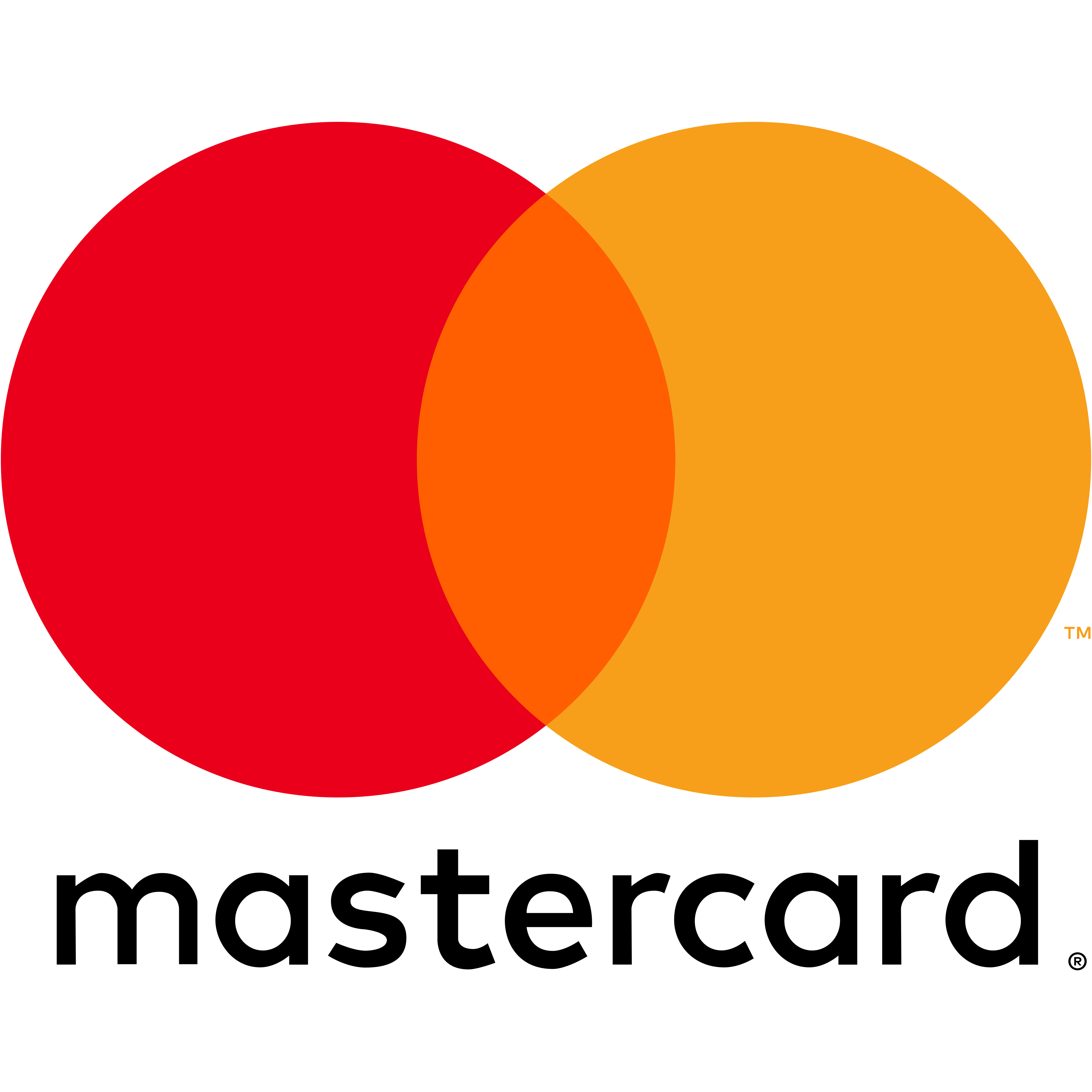KINSHASA, DR Congo: At least 16 people were killed in an attack in the Democratic Republic of Congo’s (DRC). The authorities and locals believed rebels were behind the attack.
The victims of Monday’s attack, including two women, had been taken hostage weeks earlier by members of the (ADF).
The hostages were knifed to death along the main highway near Idohu, in the restive Ituri province, local official Dieudonne Malangai said.
Ituri’s military governor, Johnny Luboya Nkashama, speaking in Komanda, some 40 kilometres from the incident, condemned the killings.
“We will reinforce our presence in the region,” he told new agencies.
The vast central African country’s government has placed Ituri and the neighbouring North Kivu province under a state of siege since May, stepping up the fight against armed groups.
The ADF is the deadliest of the armed groups operating in the region. The group has been active in the mineral-rich eastern DRC for 30 years.

The DRC’s Catholic Church has said the ADF has killed approximately 6,000 civilians since 2013, while a US-based monitor, the Kivu Security Tracker (KST), blamed it for more than 1,200 deaths in the Beni area alone since 2017.
The has faced ongoing conflict since 1994 after refugees from the Rwandan genocide fled into the eastern Kivu provinces. Hutu refugees formed armed groups in the region, which caused Tutsi refugees to partner with local groups in response.
Weak governance and security in the region allowed the conflict to flourish, eventually leading to war.
As of 2020, there were more
than 130 armed groups in the Kivu provinces and 250 different ethnicities in the country. Ethnic tensions, food scarcity, corruption, and access to mineral wealth have exacerbated the conflict. In turn, these conflicts have worsened the economic situation, increased starvation and perpetrated rampant sexual
violence.
Armed groups compete for mineral access in the eastern and southern provinces as they use the sales to fund weapon purchases.

According to Amnesty International, the primary weapons suppliers to the DRC are China, Egypt, France, South Africa, Ukraine, and the United States.
In 2020, United Nations (UN) experts also accused additional countries like the United Kingdom, Israel, Iran, North Korea and Sudan.
Despite efforts by the UN to mitigate the conflict, armed groups continue to emerge and capitalize on the growing instability.
In 2010, the UN established the Organization Stabilization Mission in the DRC, or MONUSCO, to protect civilians from violence and promote peaceful solutions.
The mission has deployed 17,572 personnel as of May 2021 but has struggled to combat issues like sexual violence and resource exploitation in the eastern provinces.
In February 2021, President of the DRC Felix-Antoine Tshisekedi Tshilombo was appointed as Chair of the African Union (AU). Tshisekedi emphasized insecurity in Africa, including in the eastern DRC, as a top priority.

As Severine Autesserre notes in her book The Trouble with the Congo, international peacebuilding culture relies heavily on established norms and large-scale responses to dictate conflict solutions.
However, top-down solutions proposed by the UN and its partners have ignored the realities of the local people.
The conflict in the DRC is not one-fold: it is a multidimensional and multigenerational problem that warrants more than a one-size-fits-all solution.
According to Autesserre, the top-down method has failed in the DRC because it neglects to consider local culture and develop tailored processes for addressing issues.
Peacebuilders are trained to follow pre-established protocols and procedures that prohibit adaptability to changing situations. As a result, peacekeeping missions often force generalised humanitarian aid onto local people without significant effects.
Peacebuilders failed to consider local politics and history that have shaped the current conflict.
Dear TNT Reader,
At The News Tribe, our mission is to bring you free, independent, and unbiased news and content that keeps you informed and empowered. We are committed to upholding the highest standards of journalism, as we understand that we are a platform for truth.
Apart from independent global news coverage, we also commit our unique focus on the Muslim world. In an age marked by the troubling rise of Islamophobia and widespread misrepresentation of Muslims in Western media, we strive to provide accurate and fair coverage.
But to continue doing so, we need your support. Even a small donation of 1$ can make a big difference. Your contribution will help us maintain the quality of our news and counteract the negative narratives that are so prevalent.
Please consider donating today to ensure we can keep delivering the news that matters. Together, we can make a positive impact on the world, and work towards a more inclusive, informed global society.
Donate Monthly Subscription Annual Subscription




